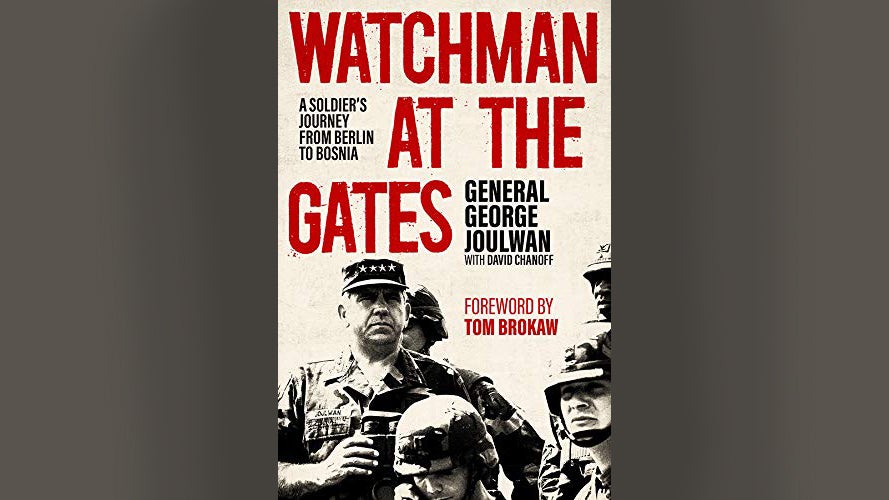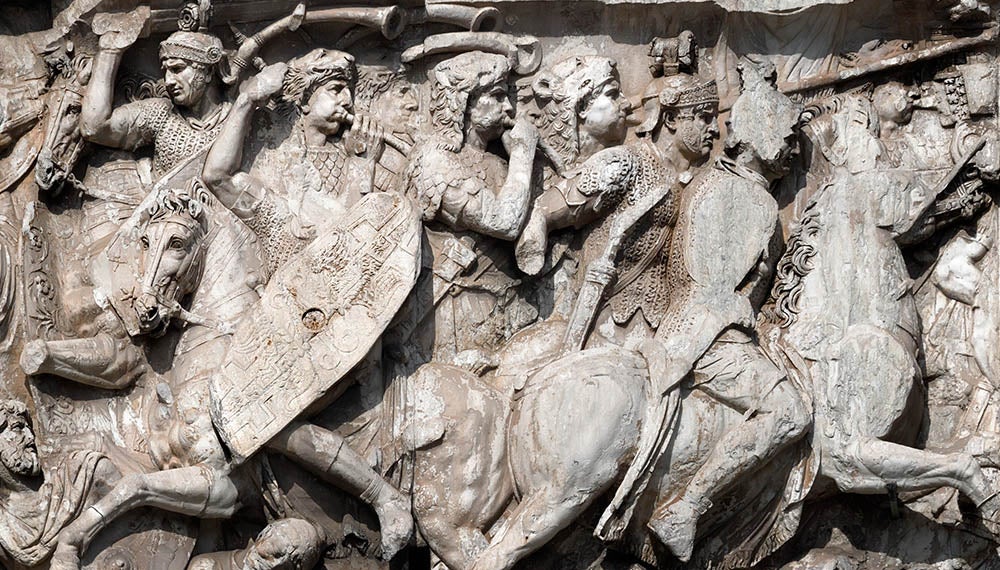Studying History Improves Soldiers’ War Performance
The conduct of war is a complicated and difficult affair.
The conduct of war is a complicated and difficult affair.

Retired Gen. George Joulwan, whose Army career spanned 36 years and gave him a front-row seat to history, will speak April 20 during a webinar hosted by the Association of the U.S. Army.
Speaking as part of AUSA’s Thought Leaders series, Joulwan will discuss his new book, Watchman at the Gates: A Soldier’s Journey from Berlin to Bosnia.

The U.S. military can learn from strategies used by the Roman Empire, especially as it hones its focus on great-power competition, according to a new paper published by the Association of the U.S. Army.
In “Modern Problems Require Ancient Solutions: Lessons From Roman Competitive Posture,” author Maj. John Dzwonczyk says the Roman Empire’s longevity was a result of how it shaped perceptions.
At varying times and with varying validity, Byzantium, the Holy Roman Empire and Russia have all been compared to the Roman Empire or called its successor. The United States is the only modern comparison. Rome was a global power with a Parthian regional rival. The United States is a global power with Chinese and Russian regional rivals. Rome had client states. The United States has formal allies. Rome and the United States each controlled or control the most powerful and effective—though significantly, not the largest—military forces of their times.
From Korea and Vietnam to Afghanistan and Iraq, Army medical evacuation crews have gone above and beyond for wounded soldiers on the b

The logistical and maintenance approaches of armies at war can help explain why military organizations fight as well or as poorly as they do and uncover implications of a competitor’s operational strategies, according to a new paper published by the Association of the U.S. Army’s Institute of Land Warfare.

A new paper from the Association of the U.S. Army’s Institute of Land Warfare looks at how politics in the 1950s influenced Army doctrine, particularly the shift to nuclear weapons.
Written by retired Army Lt. Col. David C. Rasmussen, an Afghanistan veteran and political scientist, the paper looks at the Eisenhower era when efforts were underway to reduce U.S. troop presence in Europe and cut defense spending by 30 percent, proposals resisted by then-Army Chief of Staff Gen. Matthew Ridgway.
Throughout history there have been numerous medical advances on the battlefield.
History often takes its time to uncover our nation’s unsung and extraordinary military groups.
Many of us associate the War of 1812 with the heroic exploits of Andrew Jackson at New Orleans in 1815, and first lady Dolley Madison